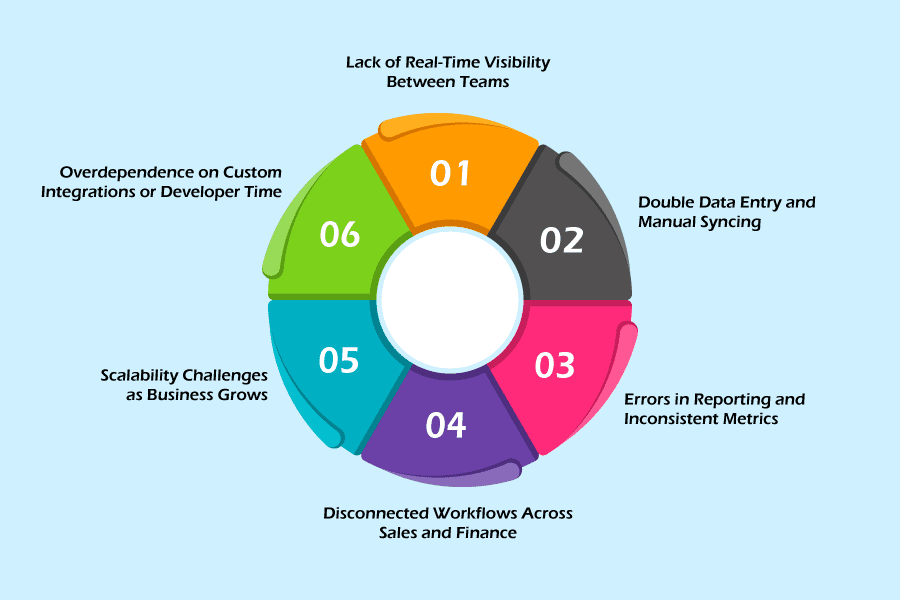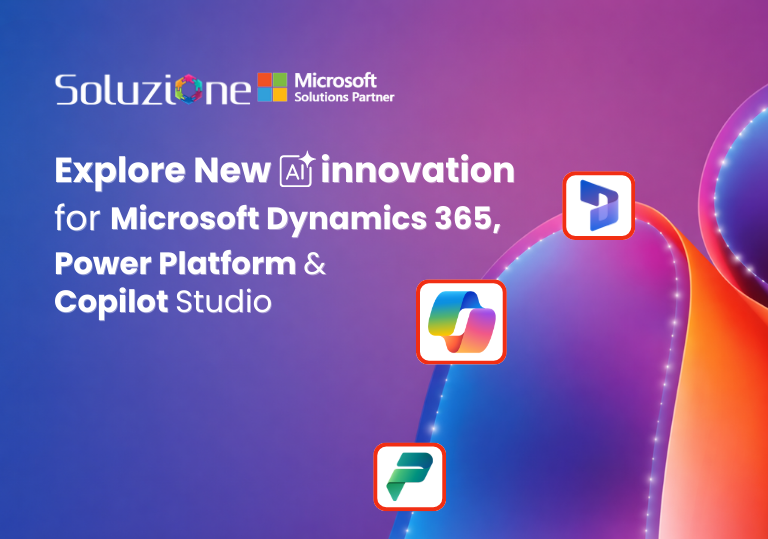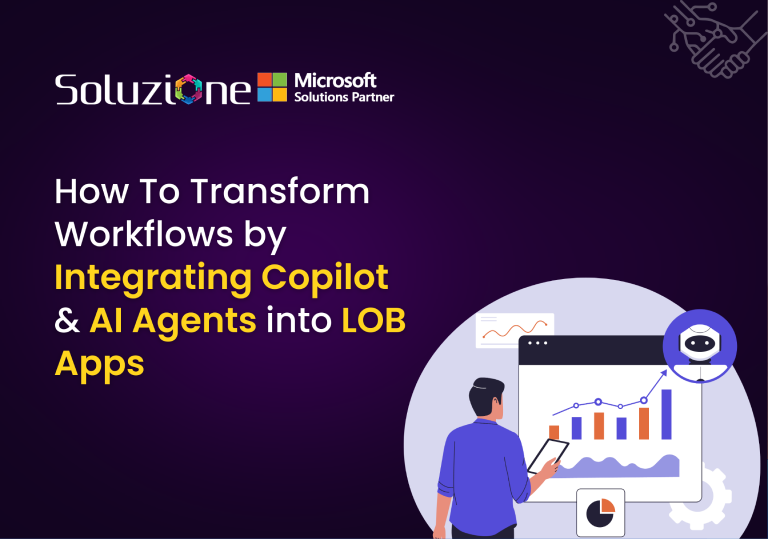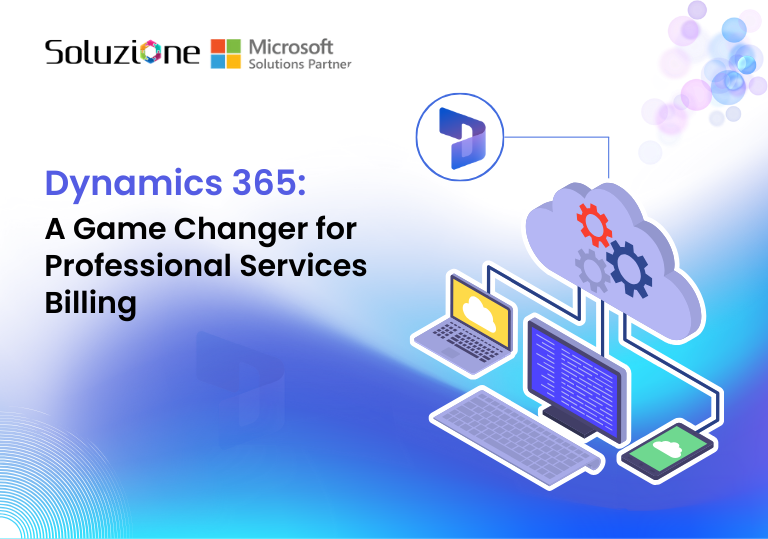
Quickbase recently revealed that 70% of employees spend over 20 hours a week searching for information instead of working. This is the reality in many organizations, specifically between sales and finance, that operate on different systems.
For instance, Microsoft Dynamics 365 CRM is used by the sales team, while accounting relies on tools like Xero, QuickBooks, or MYOB. So, every time a deal is closed, or a payment is processed, someone has to manually enter or reconcile data across both platforms.
And this isn’t just time-consuming—it’s risky.
Finance doesn’t always see what sales is doing, and sales often lack visibility into payment status or financial history. The bigger the business grows, the more disconnected things become. That’s why we built our Accounting Connector for Dynamics 365 CRM – a step towards seamless CRM and accounting integration.
In this blog, we will explore how Dynamics 365 CRM accounting integrations bridge finance and sales with Xero, QuickBooks, and MYOB.
Top Challenges Dynamics 365 CRM Accounting Integrations Solves

From solving day-to-day coordination issues to eliminating disconnected workflows, a lack of integration between CRM and accounting software can significantly slow down your business. Our accounting connectors for MYOB, Xero, and QuickBooks are designed to bridge that gap—helping your systems work in sync.
Here are the core challenges this integration helps solve:
Lack of Real-Time Visibility Between Teams
Without Dynamics 365 CRM accounting integration, the software used by sales and finance often doesn’t work seamlessly together. This misalignment leads to poor coordination, delayed follow-ups, and incomplete customer visibility.
The connector ensures that information—whether it’s from Xero for accounting, accounting with QuickBooks, or MYOB accounting—is visible in real time within Dynamics 365 CRM, creating a shared source of truth for both teams.
Double Data Entry and Manual Syncing
Even in the era of artificial intelligence (AI), manual data duplication remains a major obstacle for growing businesses. Sales updates a record in Dynamics 365 CRM, and someone in finance re-enters the same information in their accounting platform.
This not only consumes time but also introduces risk. With Microsoft Dynamics 365 add-ons like our connector, updates sync automatically across systems—ensuring customer and financial records stay aligned without duplication.
Errors in Reporting and Inconsistent Metrics
Every team, though it functions separately, is still dependent on the others. When systems are not integrated, different teams rely on different data sources—leading to inconsistencies in reports, forecasts, and customer insights. A single error in shared data can cascade into incorrect invoicing, missed follow-ups, or flawed financial summaries.
With our connector, systems like Xero, QuickBooks, and MYOB pass data into Dynamics 365 CRM with field-level accuracy, reducing the risk of reporting errors and enabling unified, real-time metrics across departments.
Disconnected Workflows Across Sales and Finance
When a deal is closed in CRM, the next steps—such as invoicing or updating the payment status—often require manual handoffs between teams. This slows down operations and increases the risk of delays or miscommunication.
With CRM and accounting integration, workflows can be automated. For example, once an opportunity is marked as “won” in Dynamics 365, an invoice can be automatically generated in Xero or QuickBooks. This reduces turnaround time and ensures smooth, end-to-end execution.
Scalability Challenges as Business Grows
As your customer base and transaction volume grow, disconnected systems become harder to manage. More customers mean more records to maintain, more financial data to reconcile, and more chances for things to fall through the cracks.
Integration keeps both systems in sync, ensuring your operations remain efficient and scalable—without the need to add manual work or technical complexity.
Overdependence on Custom Integrations or Developer Time
To solve system gaps, many businesses resort to building custom workflows or middleware. But these solutions often come with high maintenance costs, version control issues, and limited flexibility.
Our connector offers a smarter alternative. As part of our Microsoft Dynamics 365 services, it provides a reliable, configurable, and secure integration—without the need for custom code. It’s a plug-and-play solution, built to work within Microsoft’s trusted Dynamics 365 framework.
What is Accounting Connector in Dynamics 365 for Xero, QuickBooks, and MYOB?
Soluzione has built a couple of ready-to-use Microsoft Dynamics 365 Add-Ons for CRM and software for accounting integration with Xero, QuickBooks, or MYOB – which are known as accounting connectors. These connectors eliminate the need for manual efforts or costly custom development to sync data in real-time securely. This includes invoices, payments, contacts, tax details, and account balances.
What makes our connectors different from other integration tools is as follows:
- Pre-configured and quick to deploy (installation takes just a few minutes)
- Built natively on the Microsoft technology stack – including .NET Core, Power Platform, PCF, JavaScript
- Designed to support two-way synchronization of both master data (like customers, tax codes, and products) and transactional data (like quotes, invoices, and payments)
How Accounting Connectors Bridges Sales and Finance in Real Time?
How these connector bridges between sales and finance can be understood from some real-world use cases.
Suppose a sales team member mark a quote as “won” in Dynamics 365 CRM. Using our connector, a corresponding invoice is automatically generated in Xero or QuickBooks—without needing any manual follow-up from the sales team. Now, when a finance team member records a payment in MYOB, that payment detail is instantly reflected back in Dynamics 365.
Therefore, members will neither have to enter any records themselves nor be required to switch systems to check interrelated information. Most importantly, the accounting connector enables team members to use software systems they already know.
Key Takeaways
In the time of AI and automation, no organization can afford to work on disconnected systems. Manual workarounds, delayed updates, and inconsistent records all stand in the way of fast, data-driven decision-making. So Dynamics 365 accounting integration with can naturally align CRM with different accounting software, and improve working and sync between teams.
By integrating your CRM with platforms like Xero, QuickBooks, and MYOB, these connectors enable real-time, two-way data flow—reducing manual tasks, improving collaboration, and giving both teams visibility. You can contact Soluzione to connect with our experts to learn more about these integration tools.
Read More: https://www.solzit.com/blog/
Frequently Asked Questions
Is the Accounting Connector secure for financial data exchange?
Yes. Any data exchanges facilitated by Soluzione Accounting Connectors or any other add-ons we provide are built with enterprise-grade security in mind. All data is encrypted during transfer and exchanged using secure APIs, with OAuth 2.0 authentication protocols to manage access. Also, we have to follow protocols and limits set by individual software solutions, which also adds an extra layer of security.
Can the connector sync data in real time between CRM and accounting platforms?
Yes, this is one of the core features of our connector, which syncs data in real-time between CRM and accounting platforms.
What are the key benefits of using an Accounting Connector for business operations?
There are multiple benefits of using an Accounting Connector for business operations, such as:
- Reduce manual efforts, duplication, and data entry.
- Reduce data errors.
- Improve visibility and sync.
- Smart Decision making.
- Save time and collaboration.
What kind of support is available for implementing the Accounting Connector in Dynamics 365?
To implement the Accounting Connector in Dynamics 365, Soluzione provides complete support. Be it initial consultation to configuration and best practices, we ensure your experience and result match your expectations. Even after implementation, we’re available for updates, performance monitoring, and extended support under our Microsoft Dynamics 365 services.










